CBD may also help find infections, according to a recent study. But CBD’s role in fighting infection might be best served in quelling the side effects of some common antibiotics.
By reducing these side effects, CBD may help keep infections at bay, as well as help your body heal.
Some of the most common antibiotics include amoxicillin, azithromycin, clindamycin, and cephalexin. Each plays a critical role in repelling an infection. But what side effects do these cause? Below we’ve listed the most common issues people face when taking these antibiotics:
As anyone can see, nausea is a common side effect among all four antibiotics. Chronic pain, whether in the joints or stomach, is another issue people may have to work through when taking any of these antibiotics.
CBD works by interacting with the body’s endocannabinoid system. The ECS is a recent discovery and is thought to play a role in maintaining the body’s internal balance, or homeostasis. One of the ways CBD promotes balance is through its anti-inflammatory properties. Multiple studies have indicated CBD’s potential as a pain management tool.
While chronic pain is generalized, there is hope in using CBD for specific pain, such as that caused by rheumatoid arthritis, which is often treated, in part, with clindamycin. One study found that CBD treatment helped provide pain management while promoting improved sleep management in those with rheumatoid arthritis.
CBD may also help reduce nausea in some situations. Recent studies have found that CBD reduced nausea and vomiting in cancer patients undergoing chemotherapy. While there needs to be more research done on generalized nausea, these studies may indicate the potential of using CBD to stymie nausea.
If you’re experiencing side effects due to your antibiotic regiment, make sure to discuss the situation with your doctor before taking CBD. CBD can interact with certain antibiotics, causing them to linger in your system for longer than intended. Your doctor is best suited to walk you through treatment options in managing these symptoms.
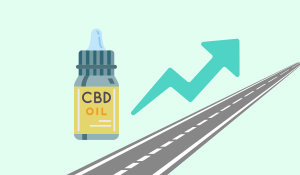
Therapeutic Uses of CBD Managing Chronic Pain with CBD Struggling with chronic pain? CBD might help. Studies suggest it can reduce inflammation and alleviate discomfort,...
Read More
Cannabis has been used for millennia to treat numerous health conditions. Current research offers promising results on the effects of CBD oil on breast cancer.
Read More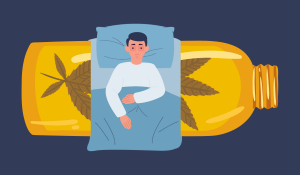
If you've ever wondered about using CBD for insomnia, you should know how CBD helps anxiety, stabilizes your sleep-wake cycle, and makes falling asleep easier.
Read More
CBD-infused salad dressing: Imagine a fresh, crisp salad enhanced with a light, herbaceous vinaigrette containing your daily dose of CBD. To create this, you’ll need...
Read More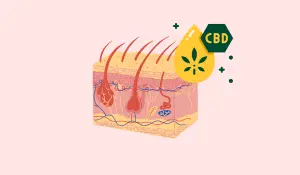
1. What Is CBD and Why Is It a Game-Changer for Skin Health? CBD (cannabidiol) is a natural compound extracted from the hemp plant. Unlike...
Read More
The Legal Landscape of CBD The 2018 Farm Bill and Its Impact The signing of the Agriculture Improvement Act of 2018, commonly known as the...
Read More
Breakthrough #1: CBD’s Role in Chronic Pain Relief Chronic pain robs people of precious moments. A 2021 study in the Journal of Pain Research highlights...
Read More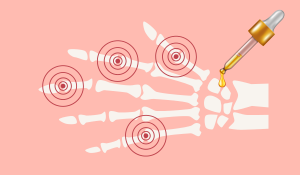
Understanding Arthritis Pain Arthritis is a chronic condition that affects daily activities, from opening jars to taking walks. Here’s a look at the two most...
Read More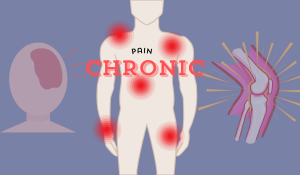
Types of Pain CBD May Alleviate CBD shows promise in managing various types of pain: CBD vs. Traditional Painkillers Traditional painkillers like opioids can be...
Read More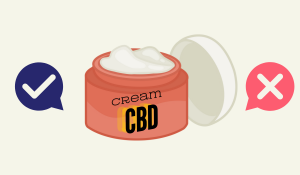
CBD Cream Side Effects – Focusing on Topical Applications How CBD Creams are Made Ever wondered how CBD creams come to life? It’s a fascinating...
Read More